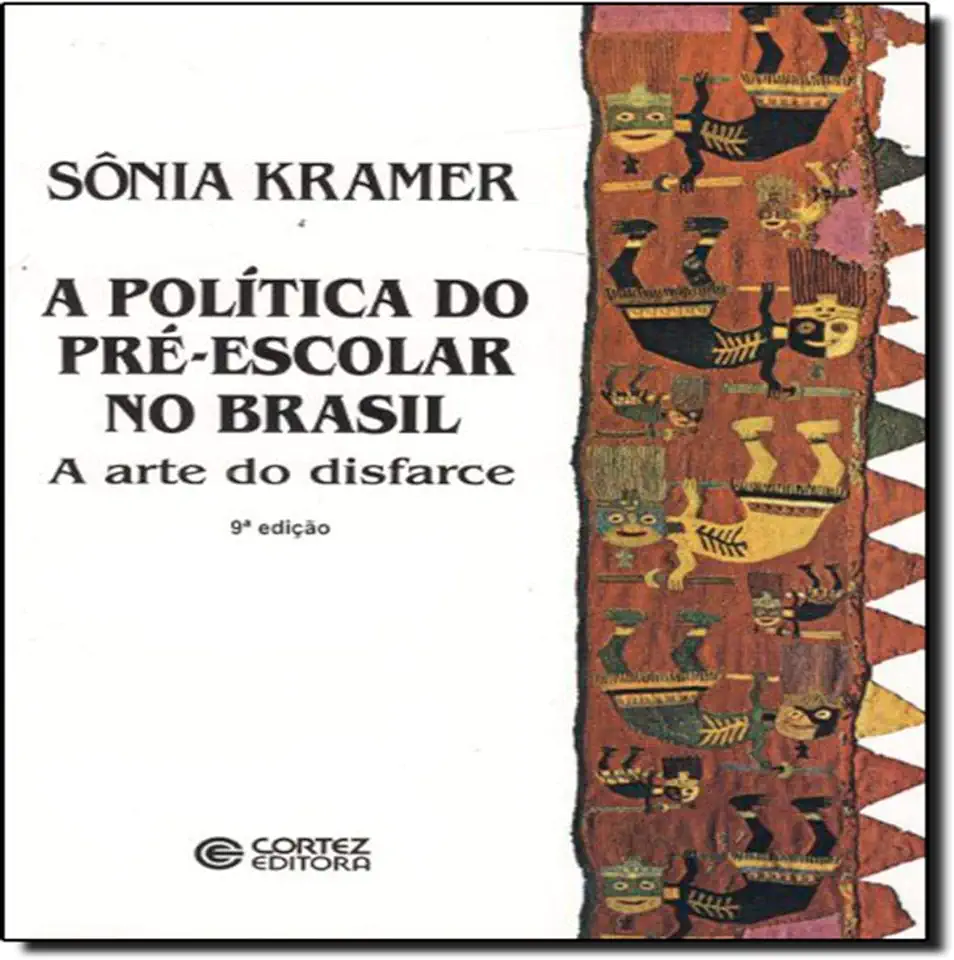
The Politics of Preschool in Brazil - the Art of Disguise - Sonia Kramer
The Politics of Preschool in Brazil: The Art of Disguise
By Sonia Kramer
Introduction
In her groundbreaking book, "The Politics of Preschool in Brazil: The Art of Disguise," Sonia Kramer takes readers on a journey into the complex world of early childhood education in Brazil. Through a comprehensive analysis of policies, practices, and discourses, Kramer reveals the hidden political agendas that shape the provision of preschool education in the country.
The Illusion of Neutrality
One of the central arguments of the book is that preschool education in Brazil is not as neutral and apolitical as it is often portrayed. Kramer argues that the seemingly innocuous policies and practices that govern preschools are, in fact, deeply embedded in political ideologies and power dynamics. By exposing the hidden political agendas behind preschool education, Kramer challenges the notion that early childhood education is simply a matter of providing care and education for young children.
The Disguised Curriculum
Kramer's analysis of the preschool curriculum reveals how it is not merely a collection of educational activities, but rather a powerful tool for shaping children's minds and behaviors. She argues that the curriculum is designed to promote certain values and ideologies, often without parents' or educators' awareness. By uncovering the hidden curriculum, Kramer provides a critical lens through which to examine the political influences that shape early childhood education.
The Politics of Play
Play is often seen as a natural and spontaneous activity for children. However, Kramer argues that play is also a political act, shaped by social and cultural norms. She examines how play is regulated and controlled in preschools, and how it is used to promote certain behaviors and values. By analyzing the politics of play, Kramer challenges the notion that play is simply a harmless activity for children.
The Role of the State
Kramer also explores the role of the state in shaping preschool education in Brazil. She argues that the state is not a neutral actor, but rather an active participant in the political struggles over early childhood education. By analyzing the policies and practices of the state, Kramer reveals how the state uses preschool education to promote its own political agenda.
Conclusion
"The Politics of Preschool in Brazil: The Art of Disguise" is a must-read for anyone interested in early childhood education, politics, and social justice. Kramer's groundbreaking analysis exposes the hidden political agendas that shape preschool education in Brazil, and challenges the notion that early childhood education is simply a matter of providing care and education for young children. By uncovering the political dimensions of preschool education, Kramer provides a critical lens through which to examine the ways in which power and ideology shape the lives of young children.